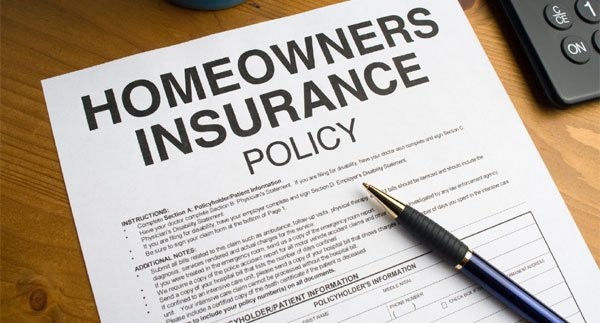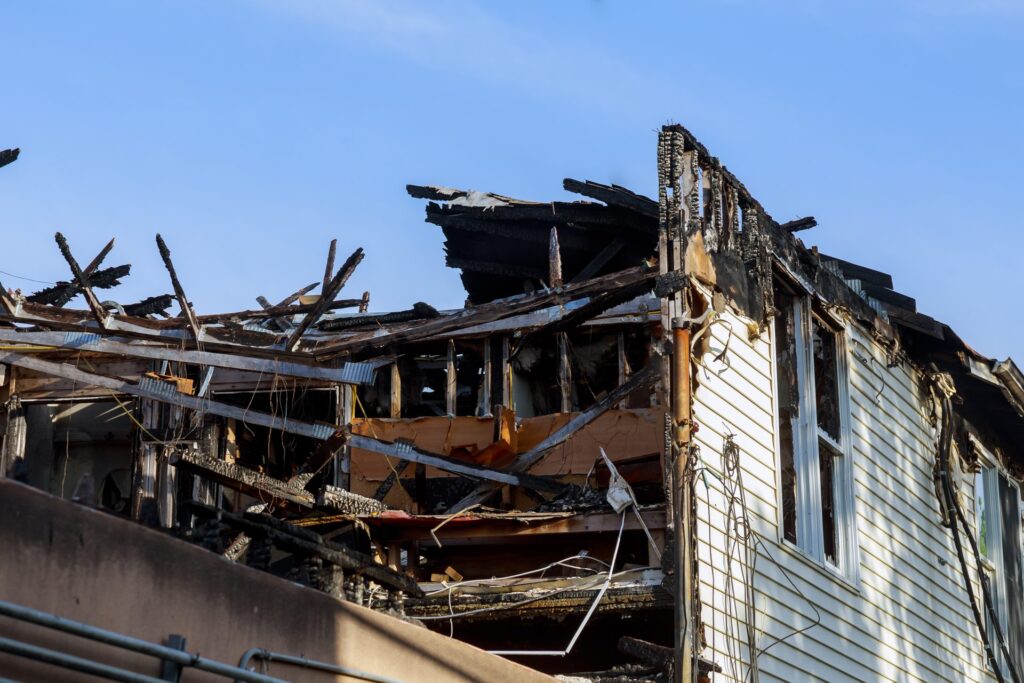How Do I Determine If My Insurance Will Cover My Fire Damage?
In many parts of Texas, fire constantly threatens homes, businesses, and other buildings. As a home or property owner, you must take significant care when choosing homeowners or fire insurance policies. These policies can sometimes be very detailed and specific, and you may find out your fire or incident is not covered when you need it the most.
Additionally, when reporting a fire, all the insurance (and possibly other paperwork) must be filed appropriately to receive the total benefits you are entitled to.
So, if you own a home or commercial property, the following items are just some of the things your policy must specifically cover so your claim will be processed correctly.
- Overall dwelling coverage—Dwelling coverage usually encompasses fire damage to the home or structure. On these policy documents, a face amount of the policy usually appears. This amount is the total for which you are covered and the total your insurer will pay; hopefully, it is enough to cover your structure.
- Coverage for personal property – This commonly covers all the damage or loss of personal property in the structure, such as personal belongings, furniture, fixtures, electronics, and more. This amount also must be decided ahead of time and possibly added to as your possessions grow.
- Personal liability losses – This is designed to cover some of your injuries or any damage incurred by tenants, guests, etc.
When you’ve had a fire, it’s critical to have a comprehensive understanding of the nature and coverage of your insurance policy. Doing so lets you navigate the arduous and complex insurance claims process properly.
However, this task is not easy, and much is at stake. Therefore, with the professional, experienced, and knowledgeable help of a Texas fire damage law team, you’ll know that with their tireless help, you’ll get what you need to rebuild your and your family’s lives.
In What Situations Would My Homeowner’s Policy Not Cover My Fire Damage?
Most homeowners’ or property owners’ insurance policies will usually cover most or all the fire damage you have if the fire is not purposefully caused by you or anyone else on the policy. No type of intentional act will be covered, and you could also be charged with a criminal offense.
Another critical point is that a homeowner’s policy commonly includes two categories of perils: open or named perils.
For example, your home most likely has open peril coverage. This means it is usually covered for any damage, which typically includes fire and smoke, unless it is expressly excluded in your policy.
Conversely, your personal property is usually covered by named peril coverage. These “named” perils can also significantly damage your property, including fire, hail, and other devastating events, but they may have to be specified.
Admittedly, these policies and their extent of coverage are detailed and complex. Additionally, always remember that insurance companies are in the business of denying and underpaying claims so that they can keep their profits! So, to ensure you get what you paid for, a Texas fire damage lawyer’s professional and passionate advice and guidance is mandatory.
What Critical Legal Steps Should I Take After a Fire?
You should note that your “insurance policy” is a firm legal contract between you and your insurer. The insurance company promises they will cover and perform specific things for you. However, in all policies, some language can be vague, and their “duties” may be misconstrued or vague.
Commonly, though, in most fire insurance claims, there are certain things you must perform, such as:
- After the incident, you must notify your insurance company or their agent immediately.
- Do everything you can to protect your property from further damage. For example, make reasonable repairs, cover holes in roofs or walls, etc. If you don’t take reasonable precautions against further loss, our insurer can refuse to pay certain losses, and they usually will.
- Make a detailed inventory of all your damaged personal property. This detail should include what you paid for the items, how long you’ve had them, and more.
- Always try to cooperate with your insurer or their adjuster and show them all the damage that’s been done.
- You must generally submit a formal loss statement within a specific time (usually 60-90 days).
Additionally, suppose you have a mortgage on the property. In that case, you are also responsible for informing the mortgage company of the fire and keeping them up to date on what’s happening.
This may involve more forms to complete, and they may also want to inspect your property. This entire process is daunting, and when it comes to disputing your claim, your fire damage law team (and possibly even your mortgage company) will be of significant help when dealing with your insurance company, as issues almost always arise.
Do I Need an Inspection After a Fire, and What Does This Do?
Even a small fire can have a devastating impact on any structure. The high heat, smoke, ash, and even water damage can cause structural or cosmetic damage. Usually, by getting a fire damage inspection, you can get the information you need to ensure you have the facts to get the most out of your claim.
Often, the extent of the damage in a significant fire is hard to decipher. Neither you nor the adjuster is a fire damage expert, and hidden damage can be missed; using a licensed professional can avoid this.
The professional fire damage expert will look at things such as:
- The structure’s roof – The tremendous heat of a fire can cause significant damage to the structure’s roof. Although the roof may look okay, only a professional can determine hidden structural damage.
- The integral structure of the whole building—If iron or steel is part of the structure, extreme heat can be transferred to the foundation or walls. This could compromise the entire building and be invisible to the non-professional eye.
- Concrete and stucco – This type of damage could be catastrophic and usually cannot be detected during your property’s initial inspection. Instead, you’ll have to look up licensed structural engineers in your area. X-ray tests and more may have to be done to assess the damage honestly.
So, to get the compensation you need to restore your property after a fire, things can swiftly become extremely legally complex. The only prudent and wise means of solving this vexing negotiation is to consult with a Texas fire damage lawyer as soon as possible.
I’ve Had a Fire At My Property; How Should I Proceed?
Having a fire at your home or business can devastate your life and is always complex and legally challenging to face. It’s a sad truth, but almost all insurance companies will only pay what they are forced to, and in a fire, this can be an intimidating and stressful negotiation. Also, the stakes are high, and you need a professional by your side.
An experienced, empathetic, and highly competent fire damage lawyer can streamline the claims process and get you what you need to move on.
If you are having trouble getting fair payment under your insurance policy or have general questions about fire damage in San Antonio, Dallas, Austin, and other major parts of Texas, the Stormlex Law Group’s fire damage lawyers are passionate about getting their clients the best settlements possible.
Call them today at 877-890-6372 for a free consultation, and they will immediately begin helping you move down the right legal path to get your life back on track.
















